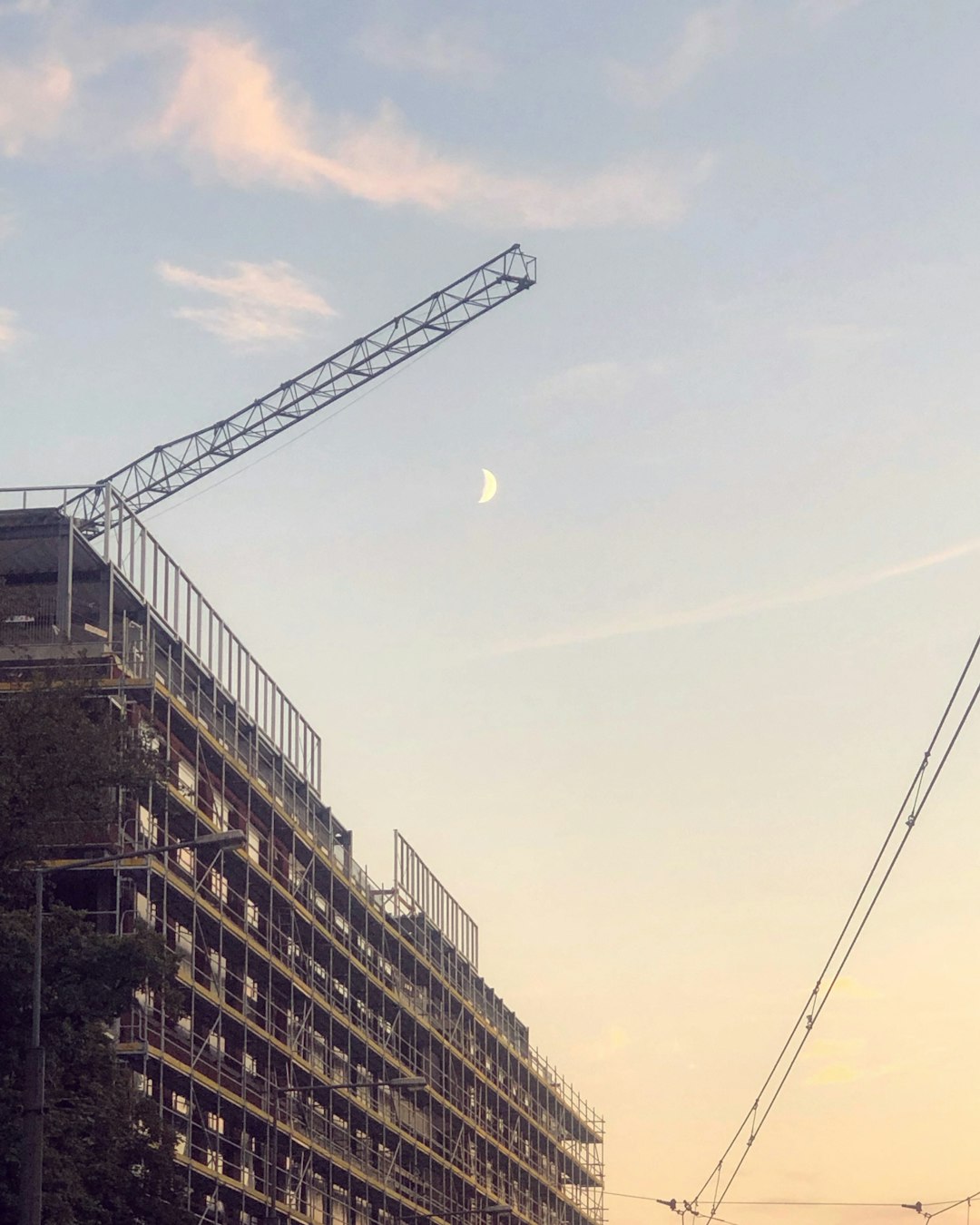When it comes to construction projects, cranes are an essential piece of equipment. However, purchasing a crane can be a significant investment for a construction company. This is where crane rentals come in. Renting a crane can be a cost-effective solution for construction companies, but it’s important to understand the economics behind crane rentals to make an informed decision. In this article, we will discuss the factors that affect tower crane rental costs and crane rental rates.
Types of Cranes
The type of crane you need for your project will greatly impact the rental cost. There are various types of cranes, including tower cranes, mobile cranes, and crawler cranes. Tower cranes are the most commonly used for construction projects, and they are typically the most expensive to rent due to their size and capabilities. Mobile cranes and crawler cranes are smaller and more versatile, making them a more affordable option for smaller projects.
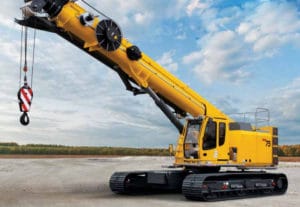
Duration of Rental
The length of time you need to rent a crane will also affect the cost. Most crane rental companies charge by the hour, day, week, or month. The longer you need the crane, the more you can expect to pay. It’s important to accurately estimate the duration of your project to avoid any unexpected costs.
Crane Capacity
The lifting capacity of a crane is another factor that affects the rental cost. The higher the lifting capacity, the more expensive the rental will be. It’s essential to determine the weight of the materials you will be lifting to ensure you choose a crane with the appropriate capacity. Renting a crane with a higher capacity than you need will result in unnecessary costs.
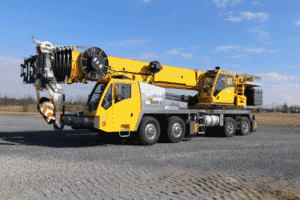
Location
The location of your project can also impact the cost of crane rentals. If your project is in a remote or hard-to-reach area, the rental company may charge additional fees for transportation and setup. It’s important to consider the location of your project when budgeting for crane rentals.
Additional Fees
In addition to the factors mentioned above, there may be additional fees associated with crane rentals. These fees can include insurance, operator fees, and maintenance costs. It’s important to discuss these fees with the rental company before signing a contract to avoid any surprises.
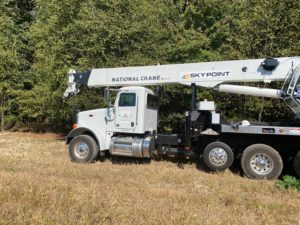
Negotiating Rates
While there are many factors that affect crane rental rates, it’s important to remember that these rates are not set in stone. Many rental companies are open to negotiating rates, especially for long-term rentals. It’s worth discussing your budget and project needs with the rental company to see if they can offer a more affordable rate.
Conclusion
Understanding the economics of crane rentals is crucial for making an informed decision for your construction project. By considering the type of crane, duration of rental, crane capacity, location, and additional fees, you can accurately budget for crane rentals and negotiate rates with rental companies. With this knowledge, you can make the most cost-effective decision for your construction project. Have you rented a crane before? Share your experience in the comments below.
